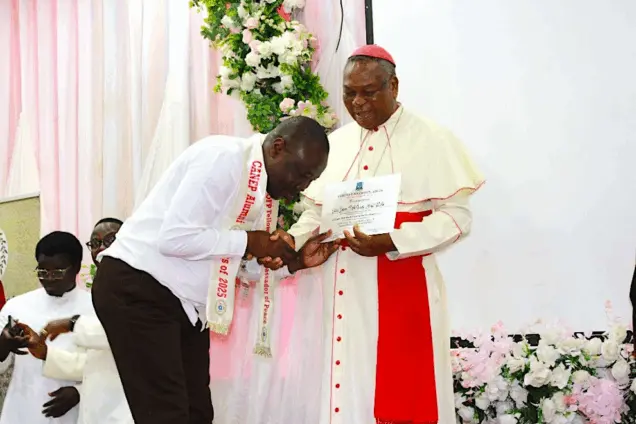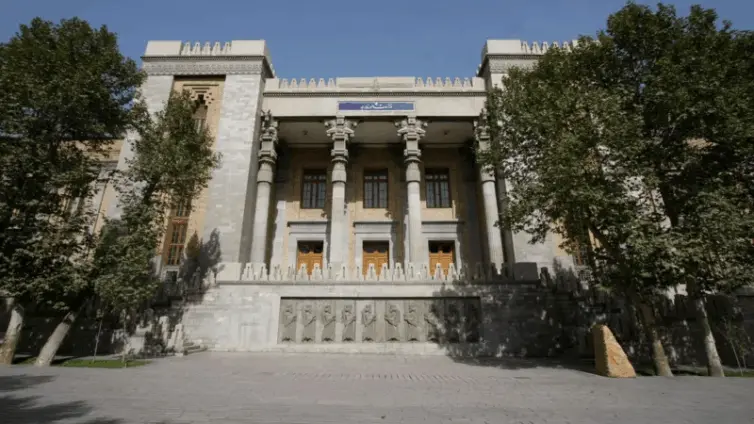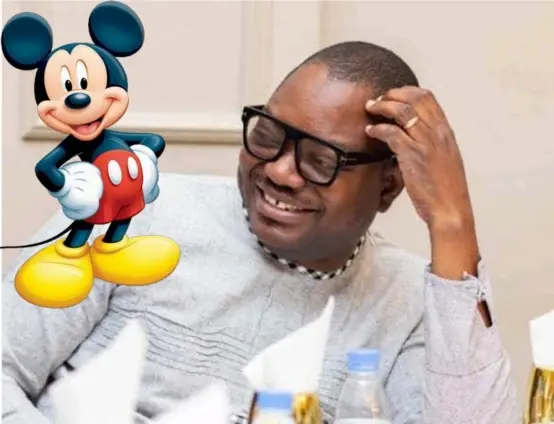In a recent gathering that spotlighted the urgent need for energy solutions, the Africa Sustainable Energy Centre (ASEC) convened its Africa Sustainable Energy Dialogue, zeroing in on innovative approaches to bridge the continent’s persistent energy access gap. With over 600 million Africans still in the dark, the dialogue, aptly themed “Bridging Africa’s Energy Access Gap: Challenges, Innovations, and the Path Forward,” assembled critical stakeholders to confront this energy poverty. The dialogue explored the pivotal challenges, proposed innovations, and the way forward. These insights are invaluable for anyone involved in, or impacted by, Africa’s evolving energy sector. This article will examine findings directly sourced from the ASEC Dialogue.
At the heart of Africa’s energy access crisis lies not a scarcity of resources, but a deficiency in leadership and political resolve. This was a recurring theme throughout the ASEC Dialogue, with experts emphasizing that sustainable progress hinges on strong governance and strategic vision. The lack of energy access is complex, and requires buy-in from all stakeholders to solve.
Dr. Omar Farouk Ibrahim argued forcefully that the primary obstacle isn’t poverty, but a lack of visionary leadership and political will. “I think Africa’s biggest challenge is really visionary leadership. We lack visionary leadership, we lack political will…” he stated. Dr. Ibrahim pointed out the paradox of Africa exporting a significant portion of its energy resources while its own population remains underserved. Specifically, he noted that 75% of the oil and 45% of the gas produced in Africa are exported, leaving communities in the dark. He emphasized that a firm commitment to energy accessibility for the population would naturally align other contributing factors.
Echoing this sentiment, Dr. Alfred Ofosu Ahenkorah emphasized the critical role of government leadership in enhancing energy access. “The issue of access to energy to me is a matter of leadership… It is a government that has to do that,” he asserted, highlighting Ghana’s success story as a prime example. Through concerted governmental efforts, such as the Self Help Electrification Program, Ghana dramatically increased its electrification rate from 19% in 1989 to over 87%. This progress demonstrates the transformative impact of focused political will and strategic implementation.
Monique Motty offered a nuanced analysis, suggesting that the barriers to energy access are symptomatic of deeper political and cultural challenges. “If the leadership is lacking… then we have a deeper question to ask ourselves in terms of the political system in which we navigate…” she stated, implying that addressing energy access requires a more profound examination of underlying systemic issues.
The energy crisis in Africa is not merely a technical or economic problem; it’s a complex web of interconnected issues that require sustainable financing. Speakers at the ASEC Dialogue emphasized the urgent need for tailored strategies that recognize the unique challenges within each African nation, and that the idea of energy being a social service needs to be re-evaluated.
Prof. Abubakar Sani Sambo presented a framework that framed the energy crisis as a complex web of interconnected issues. He identified limited financial capacity, outdated infrastructure, and regulatory uncertainty as key factors contributing to the problem. Furthermore, he highlighted the lack of sustainable financing models and weak public confidence, often eroded by frequent outages and poor service delivery, as significant impediments to progress.
Kweku Andoh Awotwi provided historical context, linking the current challenges to post-independence policies and prevailing misconceptions about electricity. “There’s been a balance between, is it a social service or is it a profit-making venture?” he questioned, noting a gradual shift towards understanding electricity as a profit-making and sustainable venture. He underscored that this shift requires a strong dose of political will to overcome deeply entrenched attitudes. Awotwi also addressed the missed opportunities in integrating decentralized solutions, such as solar power, citing sector solvency and regulatory issues as primary reasons for their underutilization.
Sabrine Emran cautioned against adopting one-size-fits-all solutions, urging African countries to recognize and address their unique challenges. “Every African country has unique challenges. Morocco succeeded through focused financing strategies—but that may not work everywhere,” she noted. Emran also advised against harboring unrealistic expectations from international donors, emphasizing the importance of self-reliance and innovative local strategies.
Further, Emran advocated for embracing diverse energy sources without ideological constraints. “We must remove the shame in using diverse energy sources. The goal is access, not ideological purity. We must power our economies before we green them,” she asserted, challenging the notion that sustainable energy must come at the expense of economic development.
The ASEC Dialogue underscored the multifaceted nature of Africa’s energy access crisis, highlighting the pivotal roles of leadership, tailored solutions, and realistic expectations. Key takeaways include the need for visionary leadership, the importance of sustainable financing models, and the necessity of embracing diverse energy sources. Addressing these challenges requires a concerted effort from governments, policymakers, and international stakeholders to bridge the energy access gap and foster sustainable development across the continent. The discussions from the Africa Sustainable Energy Dialogue mark a crucial step forward in addressing Africa’s energy access challenges.
Image Source: MYJOYONLINE






















